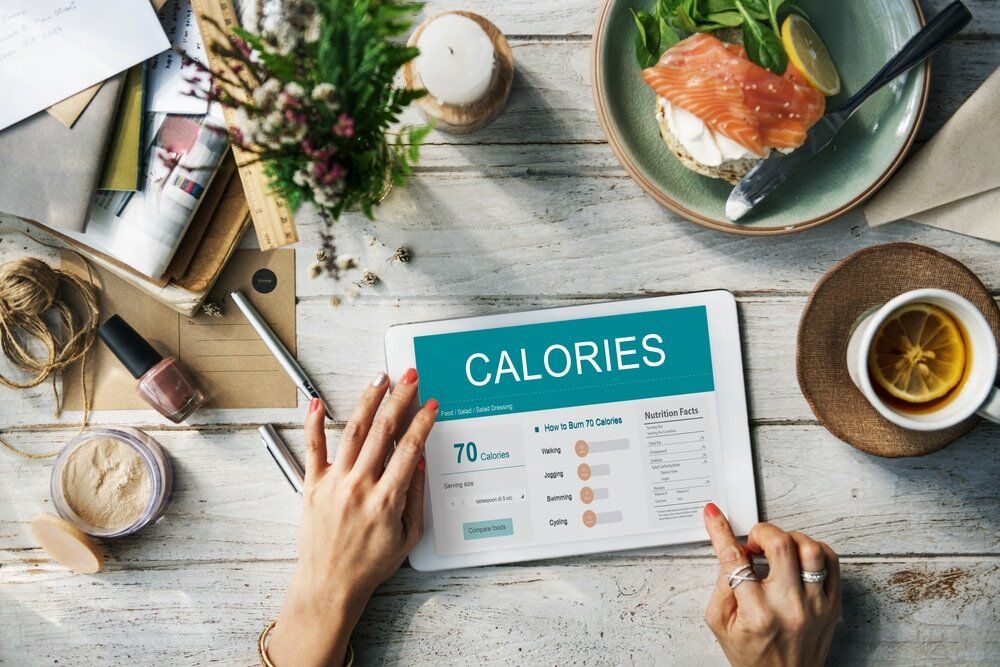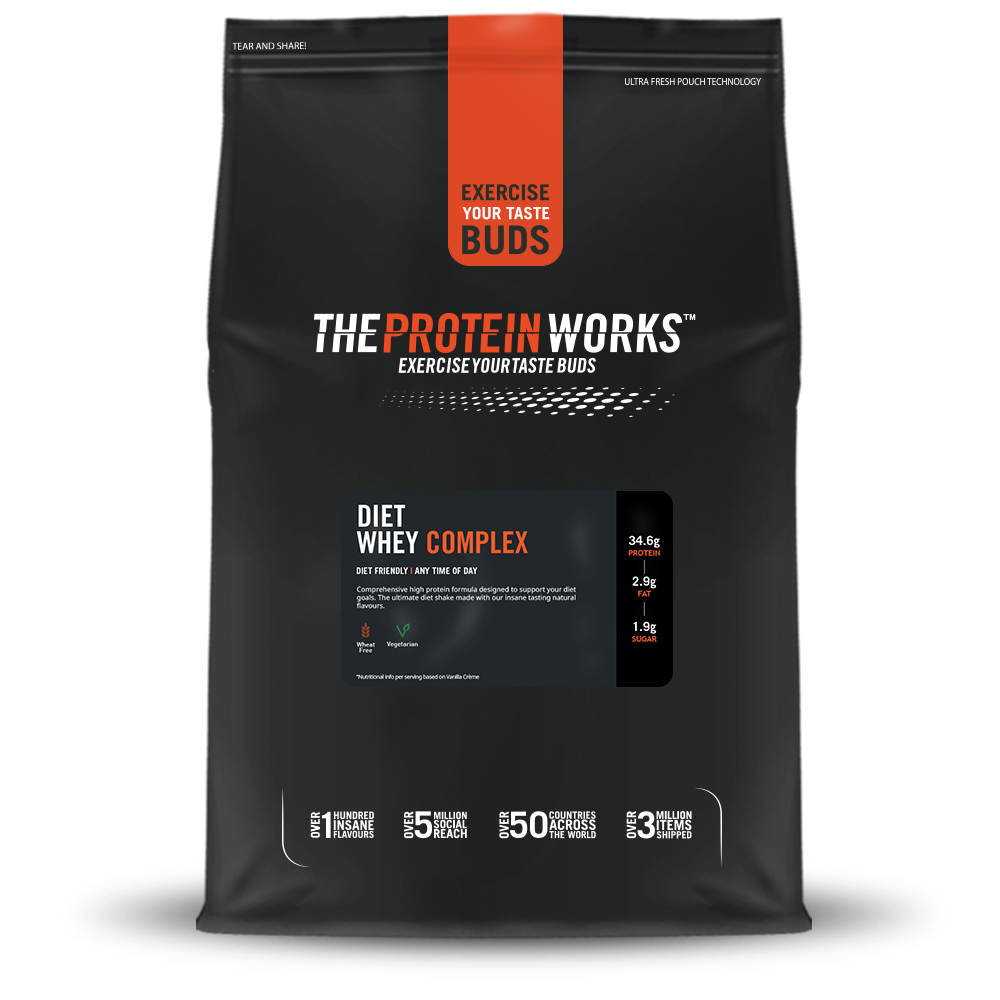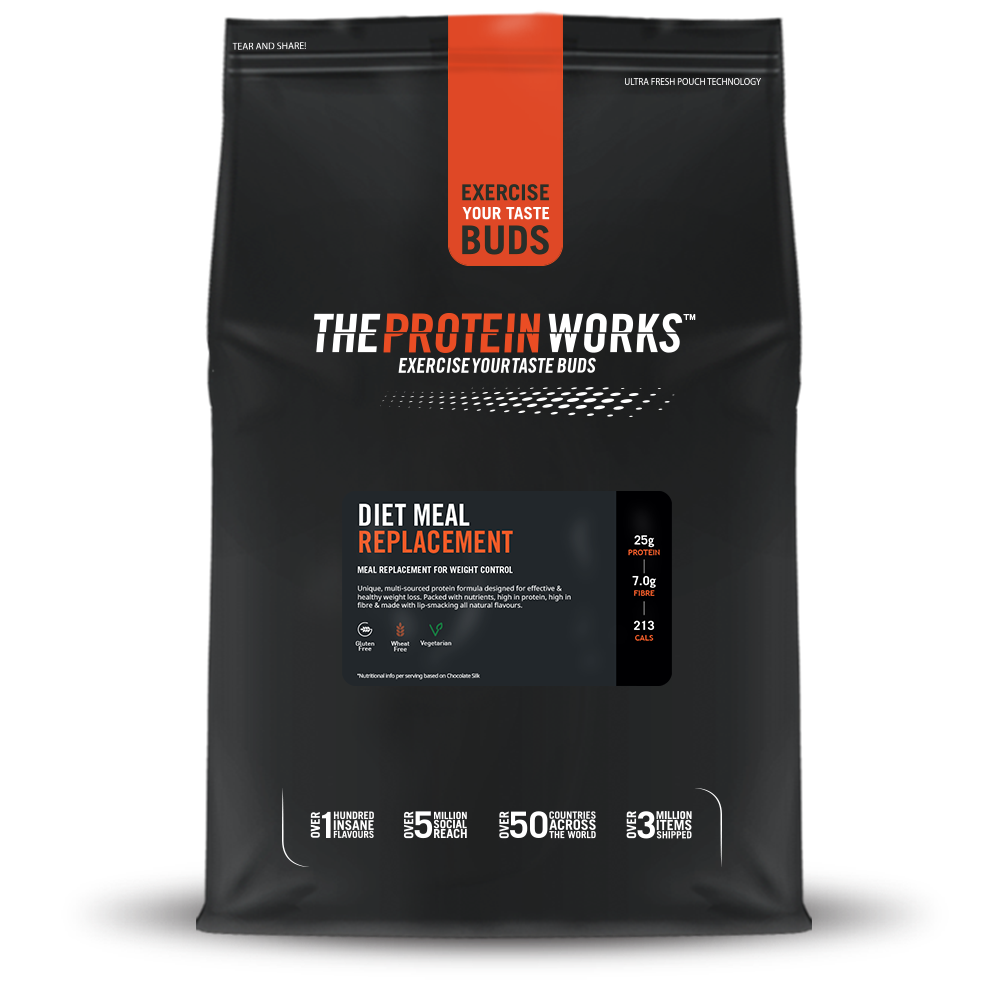January is a month like no other… The month starts with renewed gym memberships – goals in mind and a determination to make this the year. And whether it’s your first 5k, iron man or swim around Great Britain the TPW Team are right here to support you!
We’ve all been there, lost all the weight you wanted to, only to find yourself back where you started a few months later. Losing weight is extremely difficult, but our Lockerroom has countless knowledge bombs packed with helpful tips and tricks you can use to get a head start on those 2019 goals, whether it be counting calories or which diet is best, we’ve got the answers all in this article. So what are you waiting for?
Get reading and tag us on #theproteinworks throughout your weight loss mission.
So here are the key staples of how to approach a diet in 2019:
- Figure out how many Calories you need to lose weight
- How do I Track Calories
- Learn the best diet For you
- Understand how best to stick to your diet(Adherence)?
How Many Calories Do You Need To Lose Weight?
Taken from our Basics of Weight Loss article
Simply – Weight loss is totally dependent on energy balance – Calories in vs Calories out.
You need to consume fewer calories than you burn. It really is that simple.
The media as a whole like to talk about the latest diet trends low carb, sugar-free, vegan and even the carnivore diet.
But when it comes down to it – no matter what rules you set when you obtain your calories, from a purely fat loss perspective you need to consume less than what you burn.
How do I do this you may ask? – work out your own caloric deficit by clicking the following link…
It should help you figure out what your “maintenance calories” – the number of calories you need to maintain your current weight.
It’s basic and there is a much more scientific approach – but for the general population, it’s a good start.
With your maintenance calories in hand – we know – if we achieve below this number each day – or on average over a week then we will begin losing weight.
So here likes the question of how aggressive should be in your weight loss strategy – studies suggest that whilst on paper an aggressive calorie deficit will result in more weight loss – it’s typically not sustainable. People are more likely to binge or “fall off the wagon” on an aggressive diet.
It’s been found that those with an achievable small calorie deficit were more successful in the long run in their weight loss efforts.
Anything below your maintenance will result in weight loss – a more sensible yet aggressive approach but be 500 calories per day deficit would result in a 2lb (0.9kg) per week weight loss. So 250-500 could be an optimal range for you.
If this is the first time you are trying this – don’t be too hard on yourself – it’s a process so even just an awareness of your calories is a start – then work your way into a deficit and don’t get too hung up on the numbers.
How do I Track Calories?
Here’s a fact for you – in the UK – it was reported that calorie consumption went down at the same time as obesity levels went up. Must be those pesky carbs right?
In fact studying individuals found that whilst an individual reported they were consuming 2,000 calories – they in fact were consuming 3,000 Calories add to that an over reporting of physical activity – it’s no wonder why we all struggle.
Intuitively we are not very good at knowing our calorie consumption.
Tracking calories can be quite easy – a decent set of scales, utilising tools like myfitnesspal for a week or so – can be a quick way of achieving this.
Now we don’t expect you to be going into restaurants with a set of scales – although it’s been known to happen!
You want to try to get a baseline understanding of where your calories come from and how this splits out through the day.
Having a really good awareness of your average week is such a fundamental way to then making small changes that make a huge difference.
You could see that the 100g of full fat yoghurt at 154 Kcals could be reduced to 50kcals by swapping out to a low fat version.
What is the best Diet For You?
Taken from our The Best Diet To Lose Weight article:
The best diet is one that creates:
- Enjoyment
- Calorie deficit
- Adherence – Sticking to it
It can fall under the umbrella of any diet out there:
- Keto
- Low carb
- High fat
- Weight watchers
- Intermittent Fasting
- Flexible Dieting
It can be one of the above, nothing is magical about any of them, its whatever ‘diet’ you enjoy, therefore can stick to, and it’s sticking to a type of eating that enables you to be in a calorie deficit that will get you the results.
The fitness industry does a great job of over complicating ‘dieting’ and making quick financial gains by promising the world through fad diets.
No one wants to hear that you need to be in a calorie deficit and the fact it takes time to lose body fat.
The truth is that all diets work, they all do the same thing by ensuring you eat less; ultimately, the one you can stick to and enjoy is the right one for you.
You need to be honest with yourself and not restrict your diet based on a lifestyle you don’t lead.
Some diets will need you to change everything – which is much harder than figuring out what you eat on a weekly basis then making small adjustments to remove calories.
Such as not consuming liquid calories e.g. coke, fruit juices etc or finding a lower calorie option such as low-fat yoghurt or a bagel thin.
“Failing” a diet can make you feel worse – trigger comfort eating, low motivation and generally is not helpful to your weight loss goal.
So being honest with yourself and finding the right balance will be a much more sustainable approach moving forwards.
Final thoughts – no doubt when trying to achieve weight loss – you will step on the scales every now and then.
It is always useful to track your progress – here are some key things to note:
- Weight fluctuates a lot – so either measure daily and monitor the trend – or every 10 days to ensure you’re on track
- Measure in the morning – this is as accurate as you’ll get – least water – no food in your system – removes too much variability
- Pay attention to the number – if you’re dropping weight too much be aware of this. Over 2lb per week is typically a lot – if you’re making no progress then you need to revisit your calorie intake.
- Don’t get down on yourself – if you’re struggling – come back to this article and leave a comment – we’re happy to help.










No Comments yet!